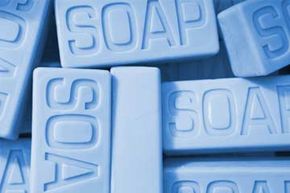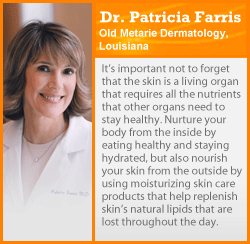Buying body soap is nothing new. You've probably been doing it your entire adult life. It's just one little item on your shopping list that should take you a split second to grab while you're at the store. But if you've wandered up and down the soap aisle recently, you probably know that trying to pick out the right kind of soap from among the vast selection of products can be as difficult as getting a good lather without any water.
Body soaps come in many forms with varying ingredients. Gone are the days when you just grabbed whichever soap your family used to use. Today there are bar soaps, liquid soaps, shower gels, soaps for specific skin types, antibacterial soaps and even soaps infused with herbs. Deciding which one to get is enough to make you want to throw in the towel. You definitely don't want to buy the wrong soap and end up with an allergic reaction or case of contact dermatitis, which is a red inflammation of the skin [source: Mayo Clinic].
Advertisement
Let's get down to the basics. Divert your eyes from the "20 percent more free!" stickers, the soap and lotion combo pack and the cute travel soaps wrapped in tropical patterned paper. Take a moment to think about what you need from a cleansing product. Body soaps are meant to cleanse your body and remove dirt and excess oils that can contribute to unpleasant odors. They are also intended to help wash away bacteria that can lead to infection. Some soaps are even formulated to contain moisturizers. Simply put, body soaps should leave your skin clean, smooth and hydrated. But choosing the soap that's best for you can be overwhelming because there are so many different kinds out there.
If the thought of searching the soap aisle scares you, get ready to wash your worries away. Read on to learn about the chemistry behind body soaps and what each type of soap has to offer.
Advertisement


